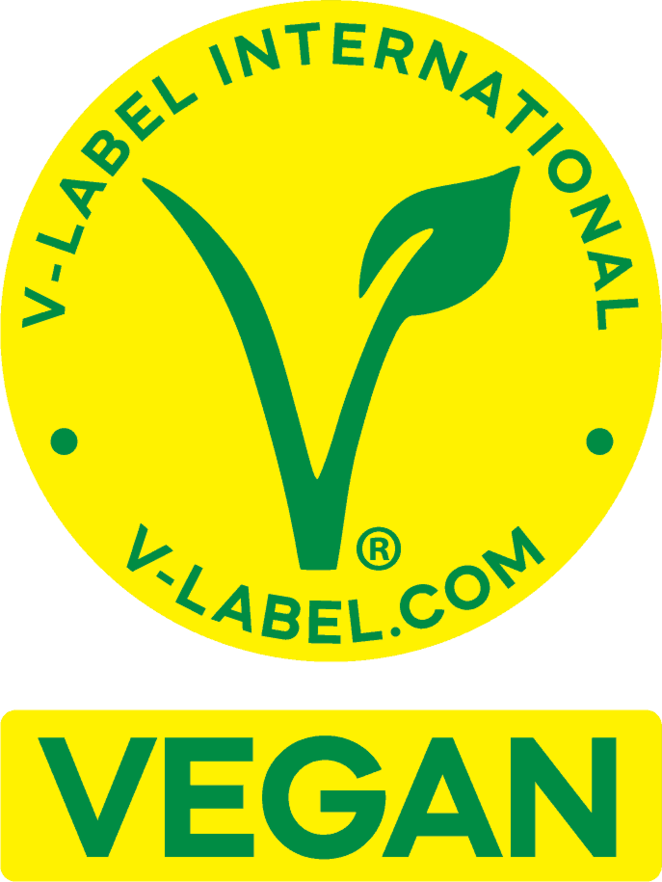Prenote
Congrats on trying out veganism!
First off, based on your message, I think you might have a couple misunderstandings about veganism. Understand that veganism isn’t a diet nor is it inherently healthy. You can be vegan and eat processed food and imitation products all day long. Veganism is primarily an ethical stance - choosing not to partake in the industrial scale abuse and torture of our animal friends.
I hate to say something that goes against my own beliefs, but I don’t think it really makes sense to go fully vegan just for health reasons. Yes, virtually all nutritionists would say that people need to cut down and significantly reduce the amount of meat and animal products people eat, but for purely health reasons there aren’t many reasons to go down to absolutely 0. Plus, although there are plenty of benefits to outweigh the negatives, it is important to recognize that vegans can have a slightly harder time getting some nutrients, like vitamin D, iron, zinc, omega 3 fatty acids (most people struggle with these nutrients anyway, it’s just that vegans struggle a little more). And uniquely, there is virtually no vegan source of B12, so you need to take a supplement, or eat fortified foods.
I’m saying this because people who go vegan only for health reasons almost always quit eventually. Do it for the animals, but also enjoy the health benefits that come along naturally.
Don’t make these mistakes
Going vegan, especially suddenly, can take a toll on your body, just as making any sudden dietary change can.
- Make sure you are eating enough. A lot of vegan food isn’t as dense as animal products, usually because it contains a lot more water. The actual “volume” of food that you eat should increase quite a bit. Although I’m normally against it, I actually recommend calorie counting for a bit when you first go vegan (but do understand the dangers of calorie counting long term).
- Understands symptoms of suddenly eating a lot of fiber: One of the healthiest aspects of veganism is the high intake of fiber, which is fantastic for your digestive system. However, most people eat way too little fiber, and the sudden change from little fiber to lots of fiber can actually be a bit uncomfortable: bloating, stomach pain, diarrhea. Long term healthy, but maybe short term take it slow.
- Eat satiating foods: Vegetables and fruits are great for your health, but you have to eat foods that provide long term energy and make you feel full. If you are feeling hungry all the time, that’s not good. The overarching categories here are grains (preferably whole), legumes (beans, lentils, tofu, fake meat), nuts, seeds.
- Get your vitamins checked 3-6 months after going vegan: I just think this is too important after any dietary change.
Onto your actual question
The main breakfasts I eat are:
- Granola or cereal and plant milk
- Tofu scramble (can meal prep this easily) and toast, sometimes impossible breakfast sausage. To make good tofu scramble you need some unconventional ingredients you might not find at a grocery store, like black salt (kala namak)
- Beans and toast
- Leftovers from last night’s dinner
- Skip breakfast (or just eat a small fruit) and instead have a big lunch
I will occasionally have toast with peanut butter and banana on it, but that’s so calorie dense, I only eat it on days I know I’ll be doing a lot of physical activities.
This is actually a great breakfast. I understand your concern about it being calorie dense, but recognize that this is very satiating, and will keep you full and energized for a long time.
Also, don’t be afraid to eat some vegan imitation products. I promise they’re not nearly as bad as people demonize them to be, just don’t eat them all the time. I love impossible brand breakfast sausage, bratwurst, burgers, and chicken nuggets. In modern day, you can be vegan and still indulge in some tasty foods occasionally.









Sometimes I just wanna wear an outfit that makes people laugh and smile…